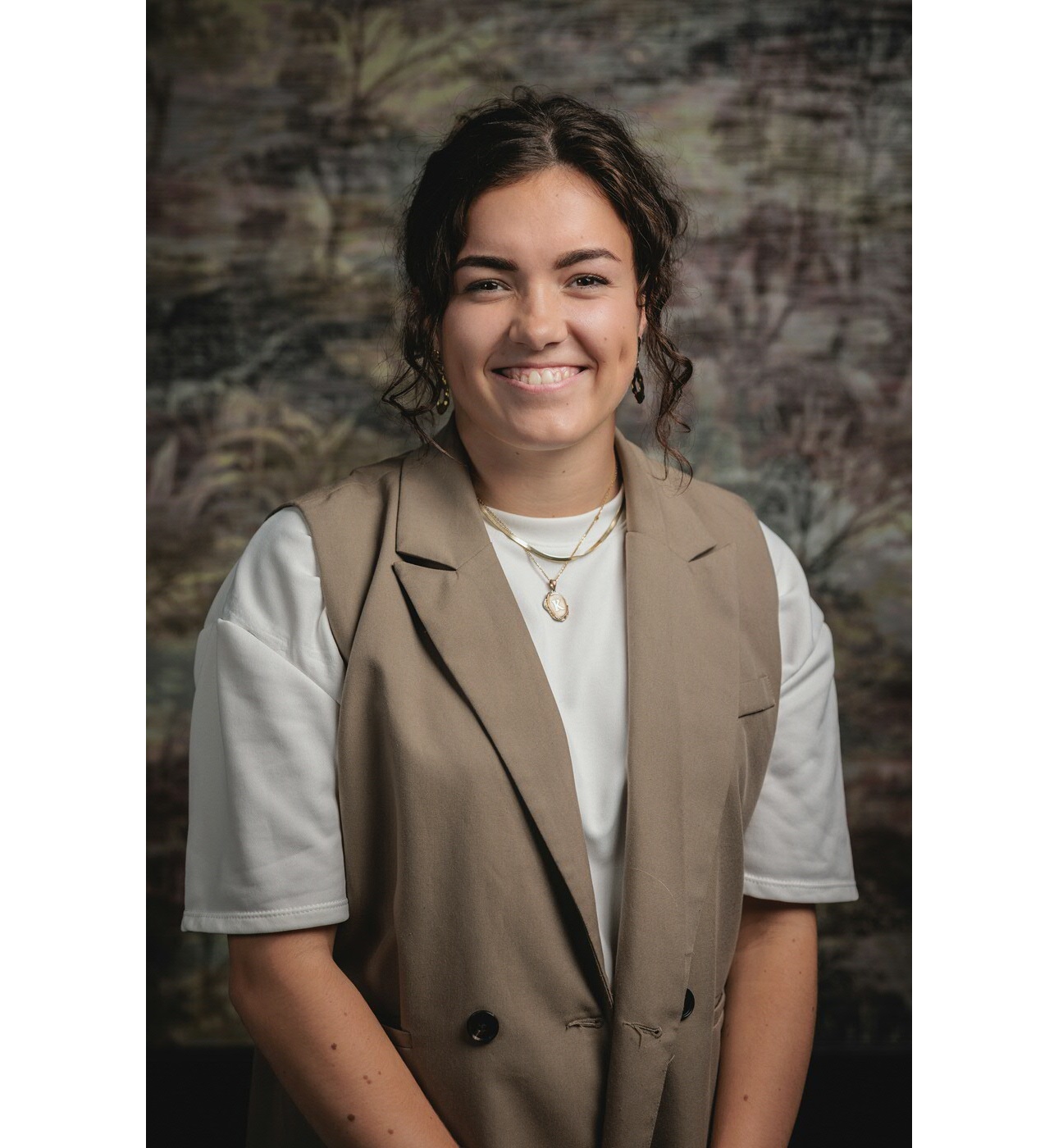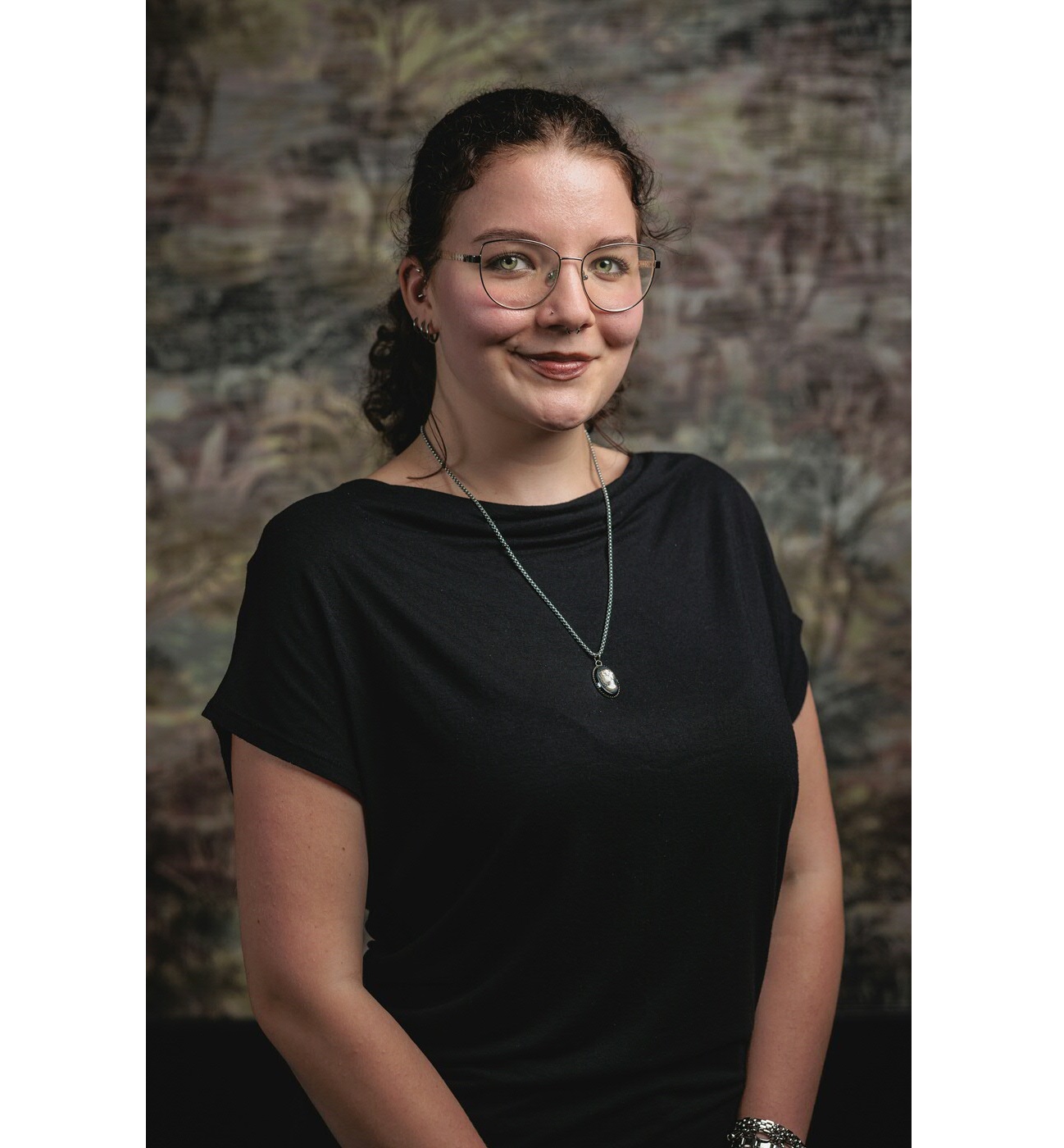
Communication is at the centre of human social action. From everyday family life to communication in organizations, our lives are shaped and organized through communication.
Communication plays a crucial role in society. How can people be persuaded to live a healthy life? How can teachers find out what students understand? How can doctors successfully communicate with low-literate patients?
In the Bachelor's programme Communication and Information Studies (CIS) you will learn:
CIS focuses on communication from a language perspective in the broadest sense: CIS is about text, talk, gestures, pictures and digital media.
Communication is not only about products, but also about processes involving people, attitudes and opinions. Therefore, you will receive a multidisciplinary training with elements from linguistics, psychology, sociology and marketing.
CIS is an international degree programme taught in English. You will be part of an international group of students. You will collaborate with students abroad. And you will have guest lecturers from universities outside the Netherlands. The programme also provides the possibility to follow a Dutch Track.

Hi, I am Kiki, 22 years old and a second-year CIS student. I am following the Dutch track within CIS. Besides my studies, I am a member of the student swimming association in Groningen, De Golfbreker, where I have been a member of several committees. I also work at the UMCG, where I am in charge of making the work schedules for several employees.
Before starting CIS, I studied Movement Sciences for two years, also in Groningen. However, that study was far too mathematical for me, so I decided to quit and do something else. But what? In secondary school, I always liked English and Dutch and that always went quite easily for me. Since I have an interest in language anyway and the breadth of the programme really appealed to me, I decided to go to an information session of CIS during the open day. There, besides attending the presentation, I also talked briefly with that year's student ambassador. I was worried that the programme would be very focused on marketing and corporate communications, and that didn't suit me. However, she said that this is not the case and that you have a lot of room to put together your own programme, with subjects that interest you. This conversation ultimately made me choose CIS!
Read more about Kiki and why she chose to study Communication and Information Studies in Groningen!
Hello everyone! My name is Luiza and I’m 20 years old. I am currently pursuing a bachelor’s in Communication and Information Studies (CIS) and I am a third year student. I am from Romania and when I was 13 years old I moved to Spain to continue my studies. Afterwards, I came to the Netherlands for my bachelor degree. I am also taking a minor in Digital Humanities (DH) due to my desire to delve deeper into the digital world. Besides studying, my favorite past-times are going to the gym, especially taking boxing classes, watching horror and thriller movies and letting my inner Picasso out through drawing.
Initially, I was very indecisive on what to pursue, but one thing was clear: in my two years of doing IB highschool, I have come to love the art of writing essays and research. During my last year of highschool I spent quite some time researching what programme would best align with my interests, until I finally stumbled upon the Bachelor’s Communication and Information Studies programme at University of Groningen (UG). After taking a deeper look into what it has to offer and attending the Open Days, I just knew it. The programme has many things to offer, seeing as it is a diverse field that encapsulates a variety of sub-fields: discourse and language communication, but also courses on corporate and digital communication.
Read more about Luiza and why she chose to study Communication and Information Studies in Groningen!
Hi! My name is Bo, I am 21 years old and I just finished my Bachelor’s in Communication and Information Studies! Since I cannot get enough of studying, I extended my studies by one year to complete another Minor and internship. Besides my studies, I am an active member of both rowing and basketball associations in Groningen. I also work as a student assistant at the Department of Communication for the Faculty of Economics and Business.
When it was time to choose my study programme, I was incredibly uncertain because my references changed every week! Did I want to study Law? Business Administration? Or even Medicine? Since I already heard many stories about those studies, I wanted to visit a lesser-known programme during the Open Day at the UG. That is why I choose to visit the Bachelor’s Communication and Information Studies. The presentation really grabbed my attention - the programme offers so many different fields: language and corporate communication, but also courses on digital communication. All these aspects sparked my interest and I immediately knew this was the right choice for me after months of twisting and turning!

Hi! My name is Tamara, I am 22 years old and a third culture kid who mainly grew up in Southeast Asia and the Middle East. I am a second-year student in the Communication and Information Studies (CIS) bachelor's degree programme as well as a teaching assistant, student ambassador, co-host for a radio show and an active member of the CIS study association, Commotie. As I am halfway through my degree programme, I'm quite busy doing school work and studying. Additionally, I do lots of art and craft projects, journal, go with fellow Commotie members friends to fun events and lectures, and, very importantly, spend an evening or two a week relaxing and taking care of my plants.
After relentlessly looking for a programme that fits one of my many interests, I felt like something was a missing every time. However, the Communication and Information Studies programme aligned with my interests in philosophical language and linguistics, marketing, sociology, and multi-media, while still leaving enough time outside the programme to pursue all my other interests and skillsets. I decided on this programme because, to me, it is the perfect baseline degree to evolve into whatever other career I wanted: communication, research, marketing, English language, etc.

Hey! Mijn naam is Merle Kooij en ik studeer communicatie- en informatiewetenschappen aan de Rijksuniversiteit Groningen. Ik heb vorig jaar mijn tweede jaar met heel veel plezier afgerond en zit nu in mijn derde jaar. Naast studeren ben ik ook op veel andere vlakken actief in de stad. Zo zit ik dit jaar in het bestuur van de studievereniging Commotie en ben ik actief bij een studenten roeivereniging. Ik onderneem veel met mijn vriendinnen en huisgenoten en werk hiernaast ook.
Toen ik een aantal jaren geleden voor een moeilijke studiekeuze stond, heb ik veel verschillende voorlichtingen bezocht. Hierbij vond ik CIW veruit het leukst. Het meest interessante vond ik hierbij het echte communicatie gedeelte. Hoe overtuig je iemand door middel van communicatie? Of hoe informeer je klanten of aandeelhouders op de juiste manier door middel van taal? Zelf vond ik het daarnaast vroeger altijd leuk om te presenteren en voorlichtingen te geven en veel met mensen te praten, waar deze studie natuurlijk perfect op aansluit.
Er eenmaal van overtuigt om CIW te gaan studeren heb ik specifiek gekozen voor de Nederlandstalige track van deze studie. Ik heb hiervoor gekozen, omdat ik graag zo veelzijdig mogelijk opgeleid wilde worden, met kennis over taal en communicatie in het Nederlands en in het Engels. Daarnaast vond ik het belangrijk dat ik alle mogelijkheden in dit vakgebied voor mezelf open kon houden en dat ik in theorie na mijn Bachelor evenveel kansen zou hebben op zowel de Nederlandstalige als op de Engelstalige arbeidsmarkt.
Are you at secondary school and want to know what studying at university is like? The Communication and Information Studies programme is offering a web class! This online course from the University of Groningen is specially designed for secondary school students.
If you are interested in an Communication and Information Studies web class, register here.